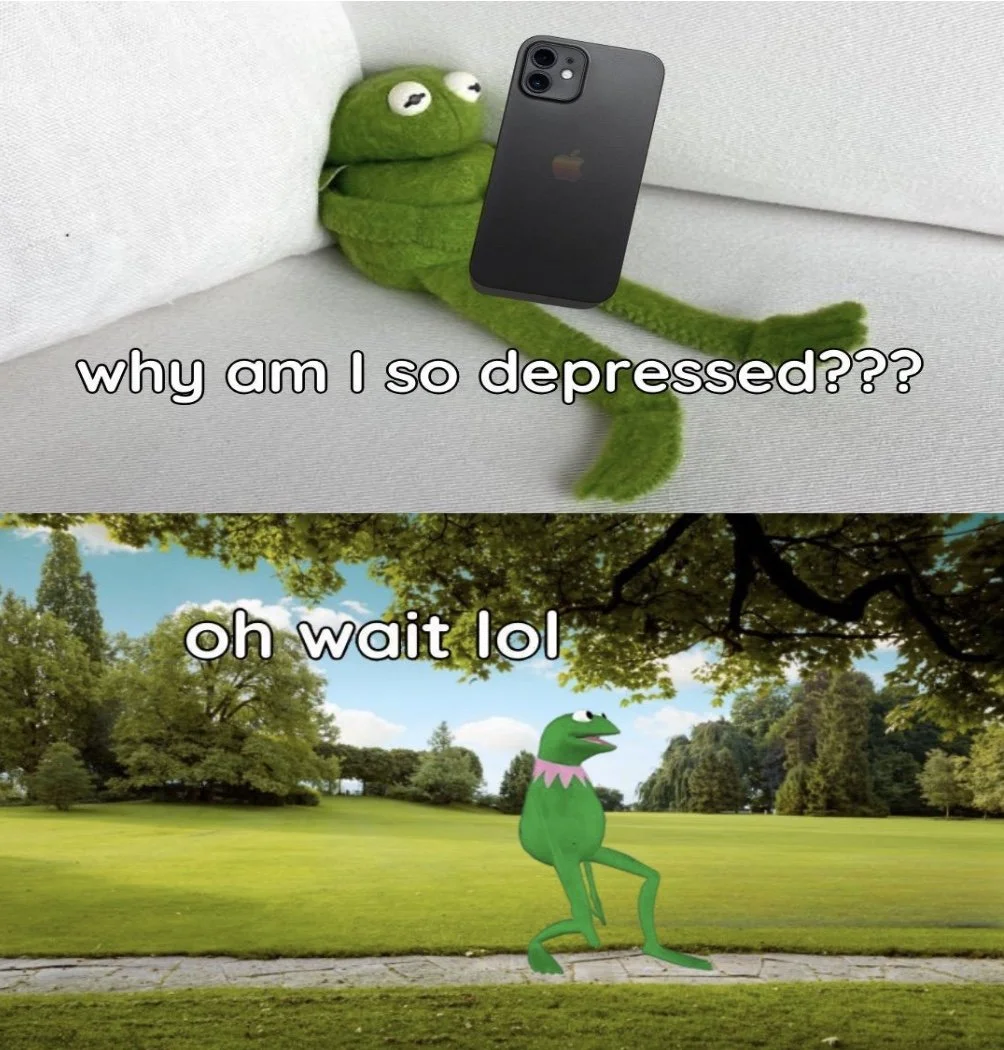Sleep, Recovery, and Stress Management: Vital Tools for Staying in the Game
From Director of Health Alex Maples
In a fast paced world that shows no signs of slowing down it can feel crazy to prioritize downtime. But the faster the world gets, the more vital it is to intentionally unplug and recharge. If we get caught in the trap of “more more more,” we end up operating at a deficit – and never see our true potential.
Taking time away can feel like falling behind. In reality, it’s what gives you the energy to keep pace. With the performance benefits of sleep, recovery, and better stress management, the reality is you can’t afford not to make them a priority. Think of these habits as maintenance: a small, regular expense that protects every other investment.
Sleep: The Cornerstone of Physical and Mental Recovery
Sleep is the foundation of recovery, both mentally and physically. From emotional regulation and cognitive performance to actually laying down the improvements you chased in the gym, sleep isn’t an afterthought. It’s the work behind the work.
What It Does
Rewiring Memory and Skills: Brain Performance
Memory consolidation and synaptic “down selection”: During slow-wave NREM, new memories are replayed and integrated. Ditching unnecessary fluff and consolidating the core learnings keeping the brain efficient. Result: better learning and recall tomorrow.
Motor Learning Upgrades: Late NREM sleep predicts gains in fine motor tasks. REM then further tunes sensorimotor programs. Ever get stuck on a skill then nail it the next day? Sleep puts the pieces together after you practice.
Emotional Calibration: Mental Resilience
REM sleep reduces next-day amygdala reactivity to prior emotional events and restores prefrontal control, supporting calmer decision-making under stress.
Physical Recovery: Anabolic Signaling and Tissue Repair
Growth Hormone/ IGF-1 & Testosterone rhythms. Deep sleep is tightly coupled to Growth Hormone Pulsatility; overnight endocrine patterns favor protein synthesis, connective-tissue repair, and training adaptation. Translation: the signal you send in training is built while you sleep.
Metabolic Control: Fuel Use & Body Composition
Even a week of modest restriction reduces insulin sensitivity; a single short night can move you toward insulin resistance. Short sleep lowers leptin (satiety), raises ghrelin (hunger), driving food cravings and making overeating more likely.
Readiness: Autonomic & Cardiovascular Reset
NREM sleep shifts the body into parasympathetic “rest and digest.” Heart rate and blood pressure drop, providing a nightly “cardiovascular holiday.”
Performance: Vigilance, Reaction Time and Injury Risk
Sleep restriction reliably degrades sustained attention and processing speed, undermining decision speed and accuracy.
In athletes, less sleep is associated with higher musculoskeletal injuries. Think slower reaction time, worse motor control, and poorer tissue recovery.
Walking: A Simple, Powerful Recovery Tool
Walking is widely accessible, adds to your recovery bank, and pays off without having to walk 10,000 miles.
Blood flow: Gentle contractions while walking act as a skeletal‑muscle “pump” that pushes venous blood back to the heart.
Short bouts of walking (3-5 minutes) counter endothelial dysfunction caused by prolonged sitting.
A healthy endothelium (the “smart lining” of blood vessels) opens and closes flow on demand and keeps surfaces slick – meaning less plaque and clot risk.
Improved glucose clearance: A 10-15 minute walk after a meal reduces blood sugar spikes and low-grade inflammation risk (think type 2 diabetes, nonalcoholic fatty liver disease, and rheumatoid arthritis).
Boosted mood, focus, and creativity
Even short bouts of walking improve cerebral blood flow and mood; symptoms of depression/anxiety decline with both indoor and outdoor walking.
Walking boosts performance on creative tasks (perfect for a quick reset between meetings - or, even consider a walking meeting!).
Nature Exposure: A Low-Friction Stress Relief
Attention: Even a 40-second view of greenery outperforms concrete for improved focus.
Mood: Short walks near trees (even in urban areas) reduce tension, fatigue, confusion, and anxiety.
Recovery: Patients with a nature in view had less complications and shorter hospital stays post surgery.
Proactively Managing Stress Pays Dividends
Stress is part of the game and a necessary ingredient for performance. But there’s a sweet spot. Too little stress means no focus and no action; too much systems start to fray. High stress load is tied to higher risk of all cause mortality (22%) and cardiovascular disease (31%). Plus, it compromises immunity (hello, frequent colds).
It’s not about avoiding stress; it’s about noticing when you start to drift too far out of a healthy range and using simple tools to come back into balance.
The Takeaway
Sleep, recovery, walking, nature, and a few repeatable stress tools aren’t luxuries; they’re vital infrastructure. When you protect them, everything else (from training and metabolism to thinking and mood) works better.
And, you don’t need a perfect routine. Start with one: 10 minutes of walking after lunch, a quick wind-down before bed, or three big breaths between meetings. Small, consistent deposits compound, and they’ll keep you in the game for years to come.

